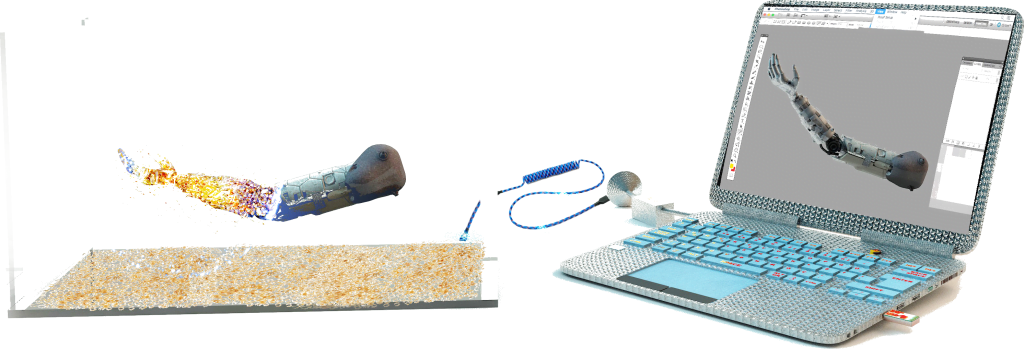Although revising journal papers and utilizing editing services in publishing a scientific paper is a crucial aspect of the academic manuscript revision process, it can become cumbersome as you work through the points raised by reviewers. Some comments may even seem repetitively intuitive. However, addressing reviewer critiques effectively is a necessary step for your research to reach your peers. Adding better visuals to your article and improving the flow through editing services are among the steps to consider. This guide will help you in handling major revisions, responding to peer-review feedback, and better organizing your efforts in scientific writing, making this stage shorter and easier.
A short summary of the steps
First, you have to carefully go through the comments, especially the ones where the reviewers have criticized the overall theme or idea of your work. This is often a critical step in revising journal papers, as it sets the tone for addressing the rest of the reviewer critiques and questions.
Second, start small. Some reviewers ask for a number of papers to be cited in your manuscript to boost its credentials or suggest minor corrections to words or phrases. Handling these smaller comments first can help you build momentum before tackling the more detailed and complex feedback, a key aspect of handling major revisions.
Third, try to provide a comprehensive response to the more in-depth comments. Before anything, ensure you have a clear understanding of what the reviewer actually wants. When responding to peer-review feedback, avoid giving overly brief answers; instead, make sure to cover the basics and fundamentals thoroughly, even if they seem obvious.
Bear in mind!
Remember to stay professional in responding to peer-review feedback: the reviewers have a significant influence over the editor’s decision to accept or reject your paper. Therefore, being sarcastic or aggressive might have a detrimental effect on their decisions, even if your paper is one step from being a Nobel prize winner. Peer-review is a cornerstone of the scientific community, so being able to convince two readers/reviewers is an opportunity to improve your work. Also, do not miss the deadline! By approaching academic manuscript revision systematically, responding to peer-review feedback thoughtfully, and maintaining a positive and professional demeanor, you increase the likelihood of a successful publication outcome.

SCIWORK is proud to provide editing services and academic manuscript revision by experienced professionals. We review your manuscript and suggest changes to the text, to convey your findings with coherent precision. Our review service offers a meticulous examination of your scientific manuscript, ensuring it meets the highest standards for publication. Our team of experienced reviewers provides constructive feedback on clarity, methodology, data analysis, and overall coherence. We go beyond surface-level edits, offering in-depth suggestions to enhance the robustness and impact of your research. Whether you’re preparing for journal submission or seeking revising journal papers, our editing services is dedicated to helping you refine and elevate your scientific writing to achieve maximum impact in the academic community.
Tell us about your project here.
